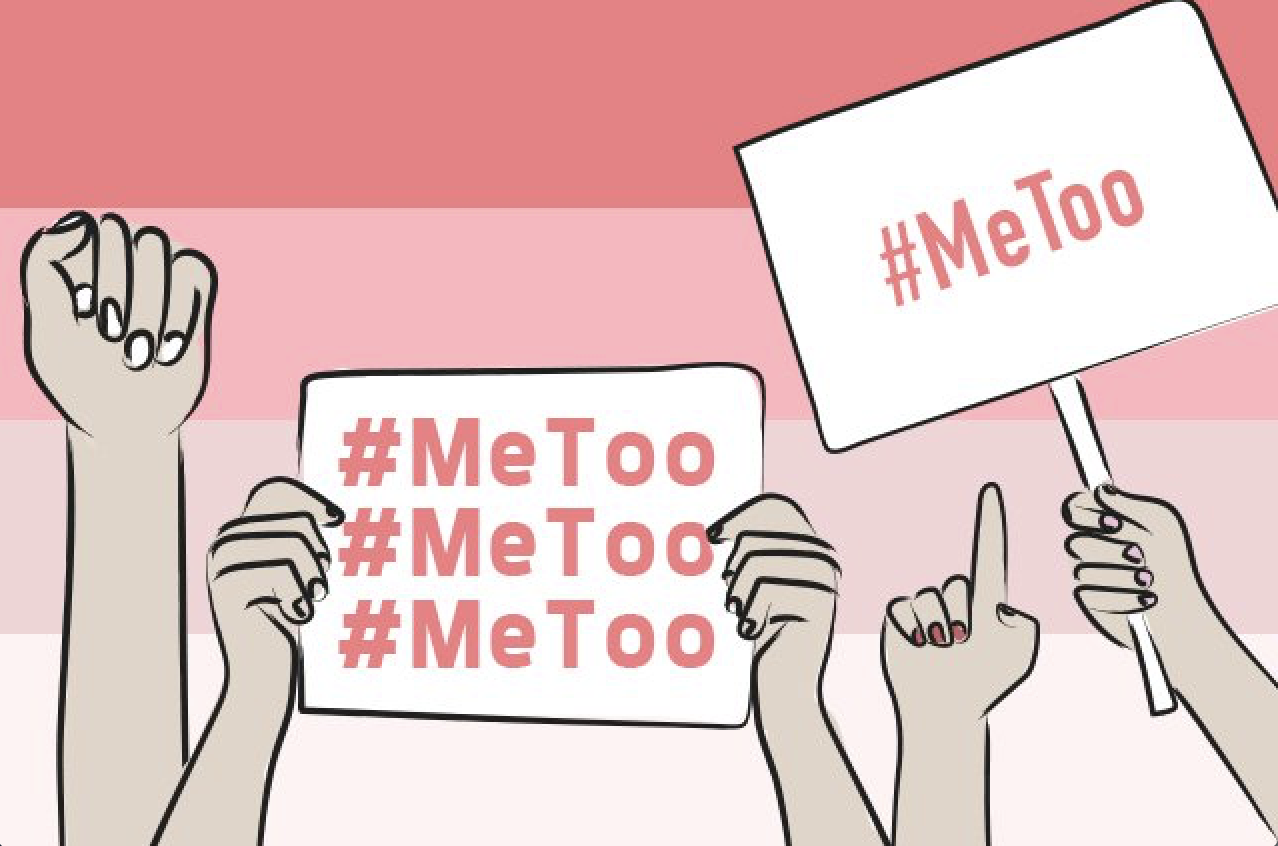Recently, we’ve seen an outpour of positivity through social media platforms supporting women’s rights and equality, whether it be socially, financially, and sexually. More and more often, we see celebrities using their influence by speaking out on different movements, or even creating their own.
Last month, Alyssa Milano tweeted out a message that would be the beginning of an incredible movement: she encouraged her followers that were victims of sexual assault and/or harassment to share the hashtag #MeToo. By sharing #MeToo, Milano stated, people could begin to see the magnitude of women that had been victims of sexual assault and raise awareness to the glaring change that needs to be made to society. Now, more than ever, women from all walks of life are taking the brave step forward to talk about their experiences with sexual assault and advocate for change, not only for themselves, but for those who remain silent.
When asked about the flood of individuals coming forth in light of #MeToo trending, Queens College student, Stephania Flores explained, “I think it’s important that so many women are coming forward. It’s a scary thing for people to do and having the support of thousands of others behind you is reassuring.”
On November 28, Queens College Grrrlz and the Women’s Center hosted an event to discuss #MeToo, its relevance today, and how those who have been victims of sexual assault can learn to heal from it. QC Grrrlz invited guest speaker, Katie, to provide some insight on the trending #MeToo movement, and the importance of having an open conversation about sexual harassment and assault.
Katie is a representative of RAINN, the Rape, Abuse, & Incest National Network, created as a way to help sexual assault victims heal after an attack, as well as provide programs to help prevent sexual assault and bring attackers to justice. In addition to her work with RAINN, Katie disclosed that she, herself, was a survivor of sexual assault and shared how she dealt with the resulting trauma.
Katie began the event by describing the circumstances under which she was sexually assaulted during her sophomore year of college, at a house party. She shared with us the unwillingness she felt afterwards to come forward and report the attack to authorities, not only out of personal discomfort, but also out of the fear of facing the judgment that often comes with reporting a sexual assault. Katie described how, when she finally did come forward to report the assault to the police, she was immediately accosted with irrelevant personal questions about her choice of outfit that night, how much she had had to drink, her sexuality, and her sexual history. The workshop discussed the implications of society’s tendency to blame the victims of sexual assault and harassment, instead of holding attackers responsible for the crime they committed. When asked one on one what she wished all victims struggling with sexual assault to know, Katie said, “Whatever your story is, you are not a burden. Do not be afraid to speak up and seek justice.”
After answering a few questions from the audience, the workshop shifted its focus onto how those who have been affected by sexual assault or harassment can learn to move forward and heal. Katie shared her own personal approach to healing: she explained how, through horse riding and teaching special needs children how to ride, she is able to focus on her own personal healing. QC Grrrlz vice president, Erica Caparelli, taught the audience various methods of circumspection they could perform on their own, such as breathing techniques and the practice of mindfulness meditation. Attendee Kaitlyn Murtagh praised these methods of mindfulness: “Learning how to take a bad experience and turn it in into something positive and heal from it is a beautiful thing that we should spend more time focusing on.”
The workshop also focused on resources, such as the RAINN available to victims of sexual assault for personal healing, reporting an assault, or simply just to talk with someone who is able to understand the aftermath of sexual assault on a deeper level.











